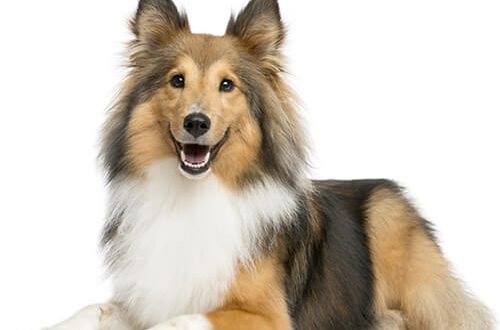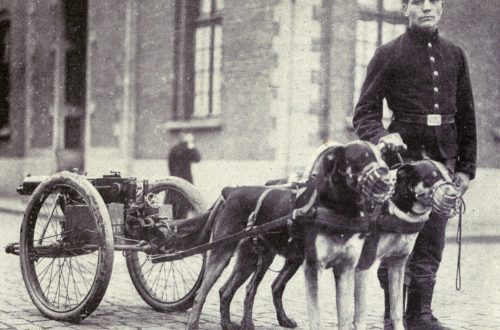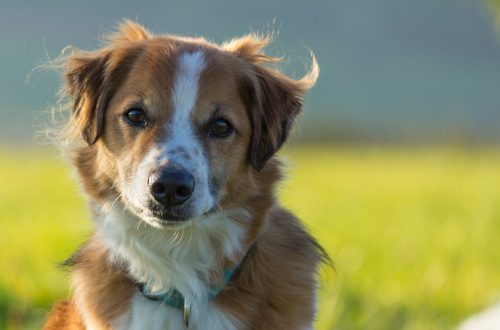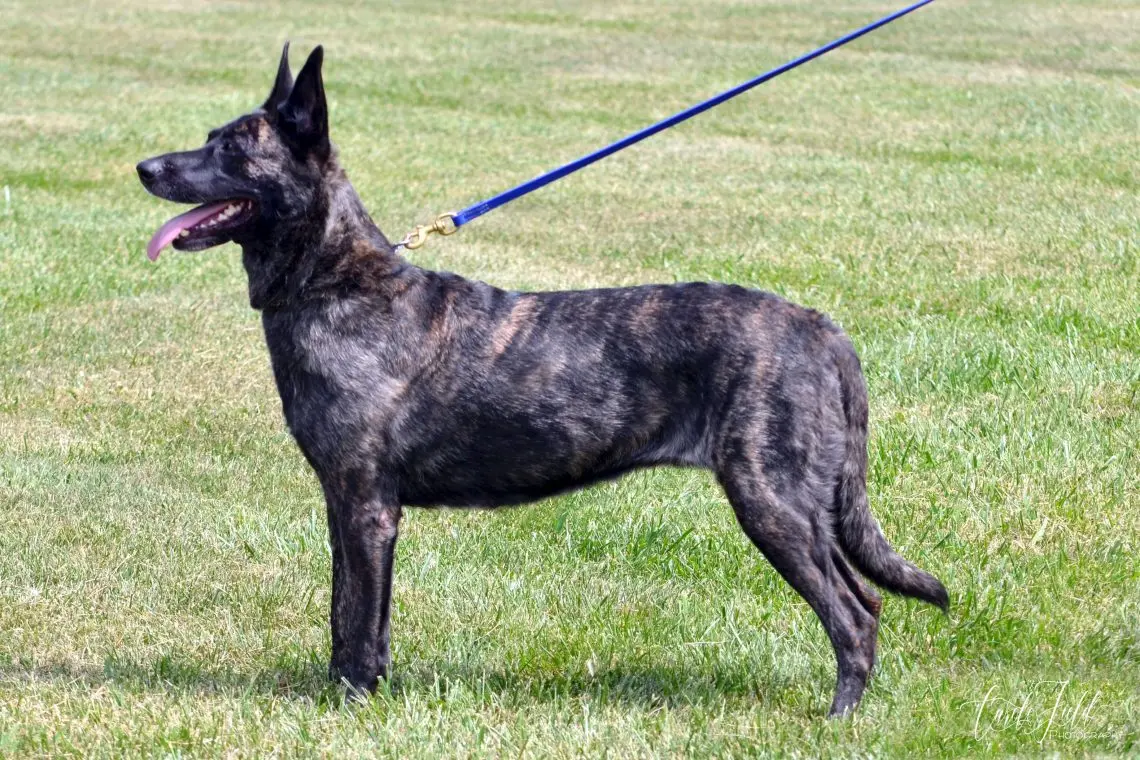
Dutch Shepherd
Contents
Characteristics of Dutch Shepherd
| Country of origin | Holland |
| The size | Large |
| Growth | 55-62 cm |
| Weight | 23–32 kg |
| Age | 12–15 years old |
| FCI breed group | Herding and cattle dogs other than Swiss cattle dogs |
Brief information
- Intelligent;
- Good for training;
- Rare breed;
- Another name is herder.
Character
The Dutch Shepherd, also known as the Herder, is a close relative of the Belgian Shepherd . Despite the fact that the breed was officially recognized only at the end of the 19th century, it appeared much earlier. Long before this, shepherd dogs helped Dutch farmers herd sheep and cows. Today, the Herder is still a working dog, although it is successfully exhibited at the most prestigious exhibitions.
The Dutch Shepherd is a worthy representative of the family and a real villager, hardworking, serious and responsible. Due to his alertness and distrust of strangers, he can become an excellent guard and protector of the house. It is interesting that the herder does not attack uninvited guests, but he will not let them into his territory either – such is his tactic.
The Dutch Shepherd needs human company. Without a beloved owner and family, she begins to yearn, her character deteriorates, and the dog becomes uncontrollable.
Behaviour
Herder is not the easiest pet to train , despite his attentiveness and quick learner. Like any shepherd dog, it requires a strong hand. The dog simply will not listen to a soft and quiet person. However, too harsh methods are not suitable for the dog. A beginner is unlikely to cope with the temperament of a herder on his own, it is better to seek help from a cynologist . A professional will help you find an approach to the dog.
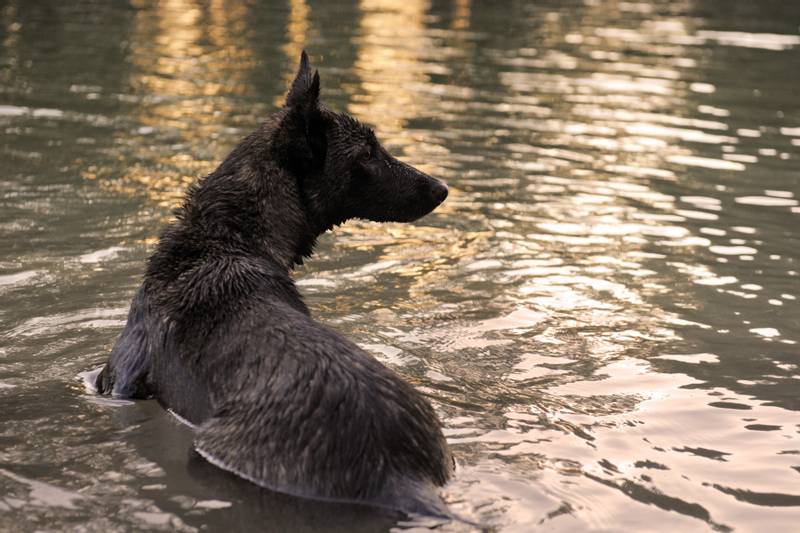
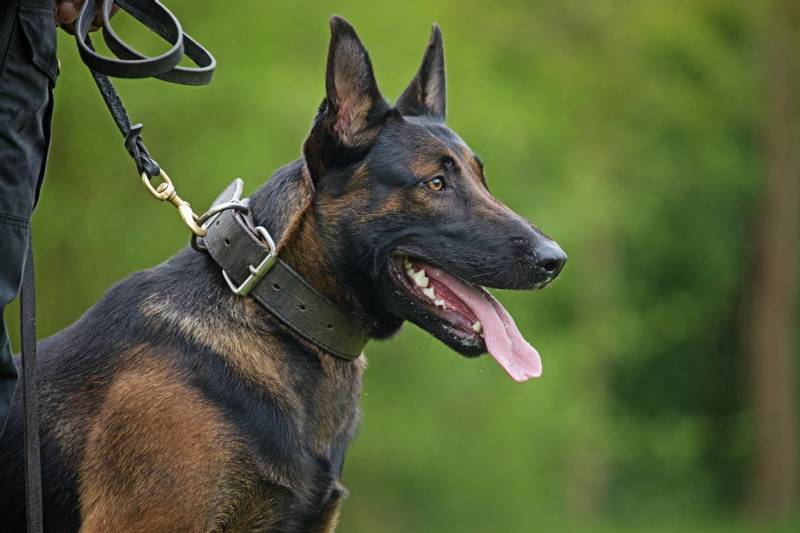
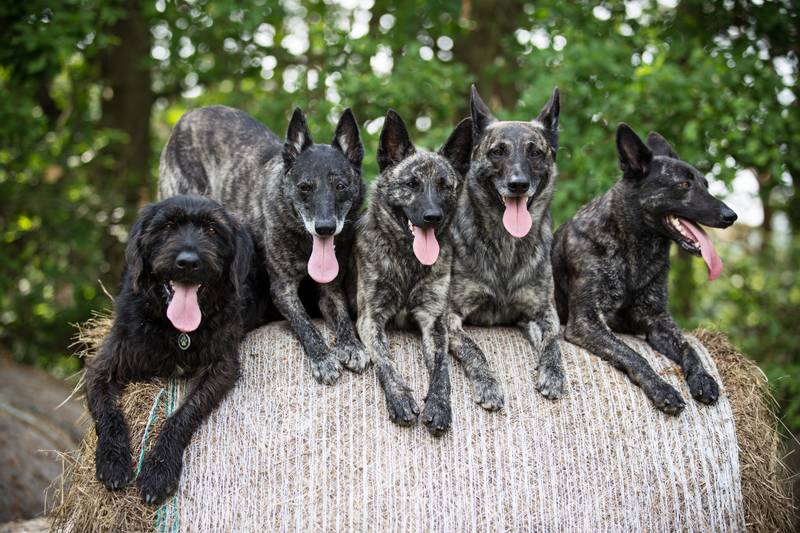

Herder is an addictive dog. He is always busy with something. Representatives of this breed are not capable of sitting still for a long time, lying down and being lazy. Therefore, if you do not provide your pet with long walks and physical activities, his behavior can become destructive. Simply put, the master’s shoes, the legs of tables and chairs, and the upholstery of the furniture will all be destroyed.
Due to his intellect, Herder treats children with understanding, but he is unlikely to endure an unceremonious attitude towards himself. Therefore, the child must be able to communicate with animals.
The Dutch Shepherd dog treats relatives calmly, subject to early socialization. It is important to show even a small puppy that there is nothing dangerous in the outside world. You can start socializing your pet as early as 2-3 months.
Dutch Shepherd Care
Grooming for a Dutch Shepherd depends on its coat type. Long-haired pets are the hardest to keep, they need to be combed every three days.
The hair of rough-haired pets does not fall out on its own, therefore, during the shedding period, it is recommended that dogs be taken to a professional groomer.
The easiest way to care for short-haired dogs is to wipe their coat with a damp cloth or simply with your hand to remove loose hairs.
The Dutch Shepherd is one of the few breeds in which no genetic disease has yet been identified. This is a very healthy and strong dog.
Conditions of detention
The Dutch Shepherd is unlikely to feel comfortable in a city apartment. These are freedom-loving dogs, and the best habitat for them is the yard of a country house. Under no circumstances should they be chained. But your own insulated aviary and free range are the key to a happy life for the herder.
Dutch Shepherd – Video



